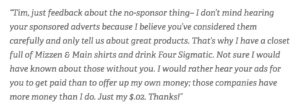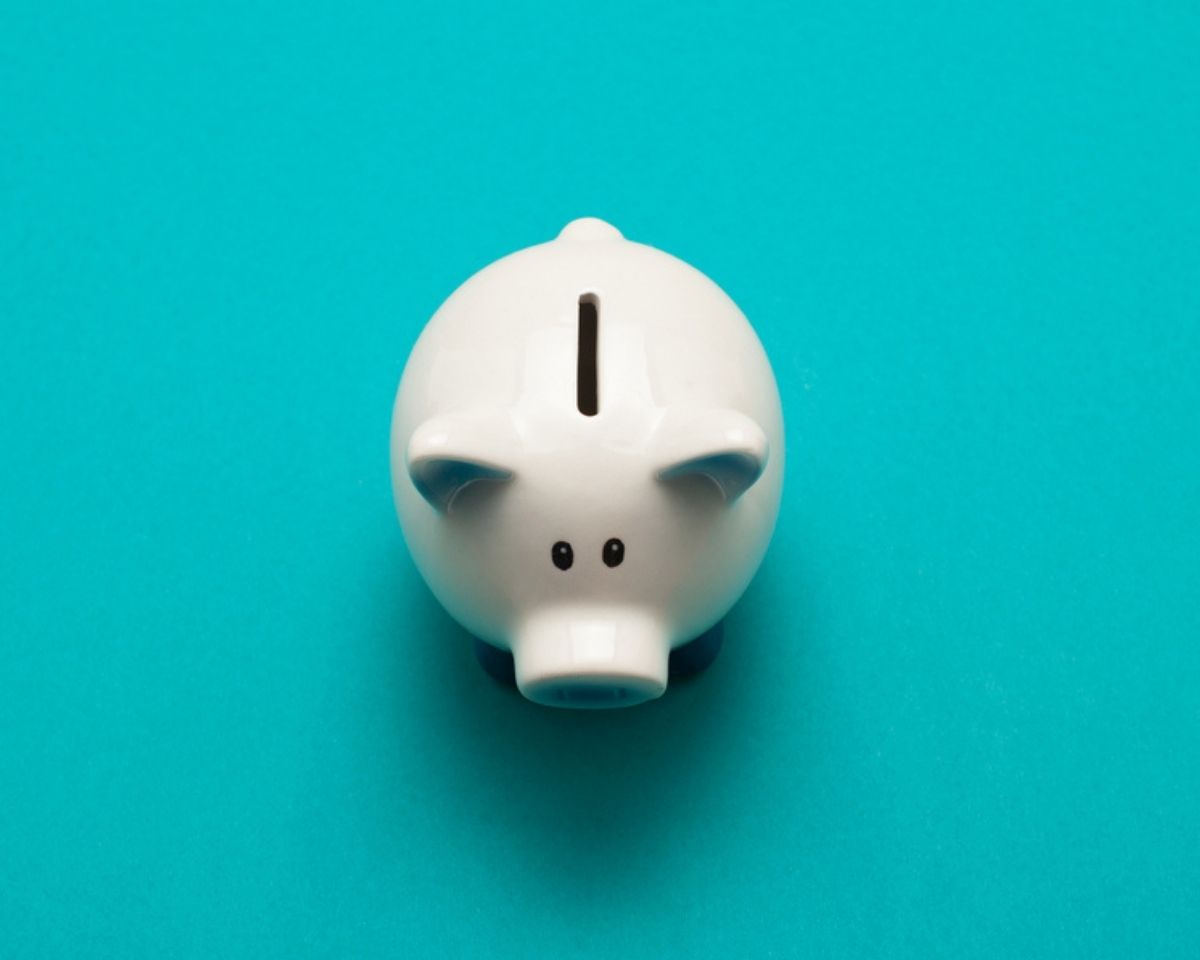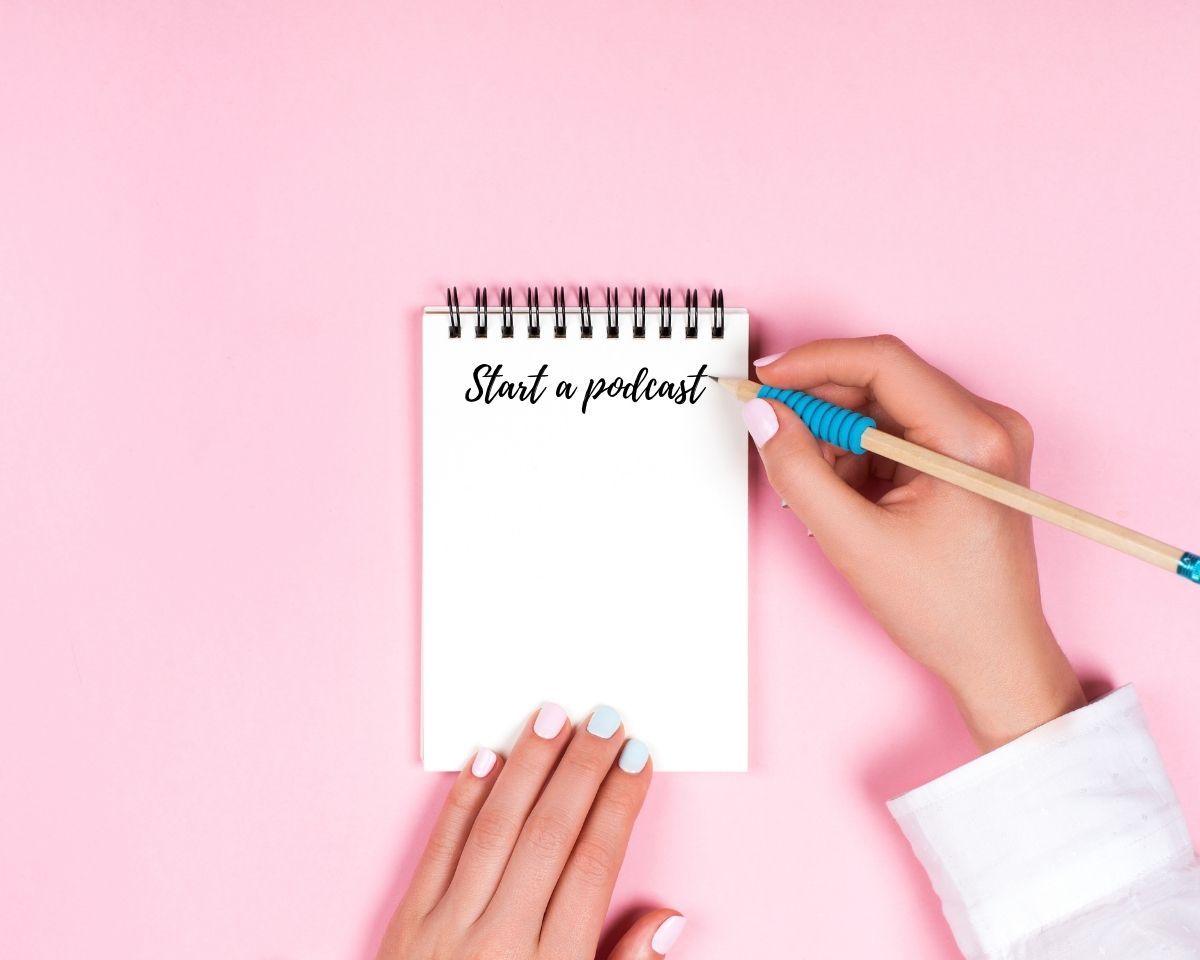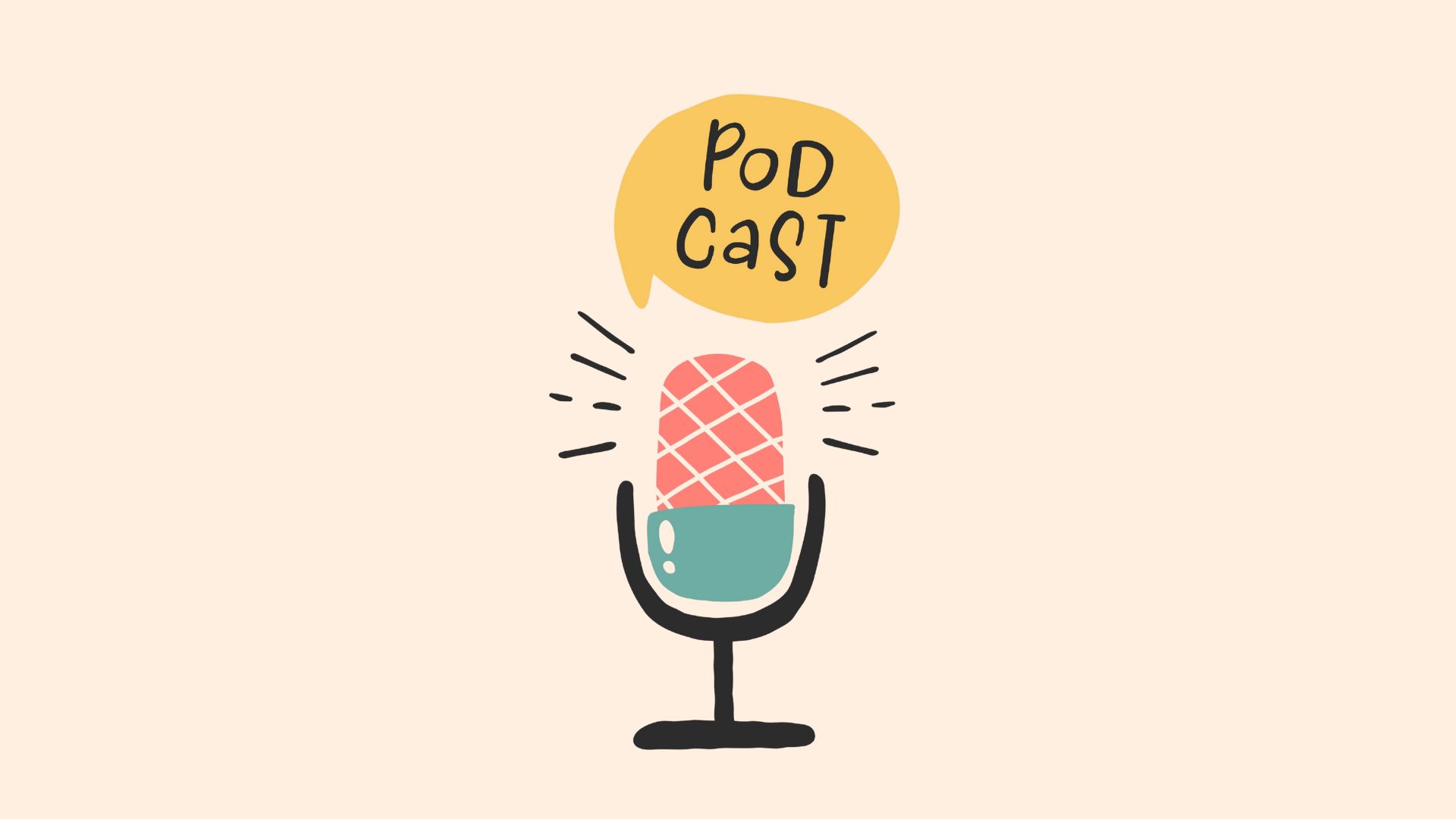Make your podcast ads as good as your content
Monetising your podcast should never come at the expense of your show.
So if you’ve got sponsors interested, or you want to go out and find some, you need to think about your podcast ads as being as important as the content around them.
So how do you create podcast ads that both your listeners and advertisers will love?
Curate your podcast sponsors
Podcast ads shouldn’t be something you think about as separate from your content.
Since you’ll be reading the content in your ads (more on that below), the words you say have to match what you say in the parts of the show no one is paying for.
For example, if you’re always talking about how diets are BS and that people should love their body the way it is, bringing on a weight loss client won’t be worth the damage to your credibility, no matter how much they’re paying.
Curating your advertisers means you select sponsors that fit the values of your show as well as brands you think your listeners would find useful.
Get this mix right and you can get to the spot where your listeners actually enjoy your ads, which is something podcaster Tim Ferris discovered when he tried to remove ads and replace them with a listener-supported model.
Tim was picky about the brands he chose to work with, so his ads would often shine a light on products his audience might not have found otherwise.
When those ads were removed Tim started asking his audience to support his show financially and he found himself on the receiving end of messages like this…

Set boundaries
If a client has decided to sponsor your show they know there’s value in your content and it’s your job to protect that.
One of the things to stand firm on is that advertisers shouldn’t be able to influence the content that sits outside their paid spots.
Their space in your podcast is in the ads (usually a pre, mid and post-roll), where it’s clear to your audience there’s been a financial exchange for what’s being said.
If an advertiser asks you to “casually” mention their product in a conversation you should always say no.
Advertisers will try and push the boundaries because they want to hear their brand mentioned as many times as possible.
But you’re the brand guardian of your show and there are no long-term benefits to eroding the trust you’ve worked so hard to build.
Because ultimately that is what you’re monetising.
If you chip away at that you’ll get to a stage where your audience doesn’t trust you and then brands won’t be interested in working with you because they won’t see results.
Get the balance right
When you’ve got advertisers on your show you have to think long and hard about the balance of content vs. ads.
If your podcast is an hour-long you can definitely get away with more than one ad in the mid-roll spot.
In fact, you could probably put in a couple of ad breaks across your show.
But if your podcast is less than ten minutes you might want to look at selling shorter ads or only filling the pre and post-roll spots.
It’s not like you can’t monetise a shorter show but you want to make sure the audience doesn’t feel like they’ve had an ad shoved in their ears before they’ve consumed any content, so placement is key.
You want your listeners to feel like your show is ad-supported not ad-filled.
Put the ads in your words (and voice)
Your podcast ads should feel different to the main show so people know they’re listening to paid content but they shouldn’t be so different they’re jarring.
One way to do this is by making sure your podcast ads are read by voices your audience knows and trusts.
That way they’ll sound more like a recommendation than a pushy sales pitch which will be more palatable for your audience and more effective for your advertisers.
Anything that rips your audience out of the listening experience is a bad thing and for ads to be effective they need to feel like a seamless part of the show.
The best way to do that is to have them in the voice of the person or people the audience is used to listening to.
Have fun with it
People often sound like they’re phoning it in when they’re reading ads but if you want your podcast ads to be effective (and you do if you want advertisers to come back) you need to be as excited about what you’re saying in the paid bits as the stuff you’re saying in the actual show.
You also need to make sure the tone of your ads matches the tone of your content.
If you’re an irreverent show that tells it like it is, bring that tone into your ads so it doesn’t feel like something unfamiliar to your audience.
If your show is a comedy podcast, make sure your ads are funny too.
You can’t offer up entertaining content in the main show and then turn into a monotone robot in your ads because there’s no way people will listen (and if they don’t listen, your advertisers won’t see results so they probably won’t be back for more).
Use music to separate your ads from the show
When you’re moving from content into an ad you need to let your audience know and an easy way to do that is by putting music underneath your commercial content.
If your podcast has segments, placing ad breaks will be easy because your show is already broken up into sections you can put ads in between.
However, if your podcast is a conversation or interview that goes from start to finish, you need to choose a spot where it doesn’t feel like an ad is interrupting the flow.
If you’re doing an interview, this could be where you shift direction to a new line of questioning or if it’s a conversation it could be at a point where you or your co-host conclude a point.
Wherever it is you want to choose a spot that’s not going to feel jarring or like your ad comes out of nowhere.
If you’ve got segments, ideally you’ll have a sting or little piece of audio in between your breaks that an ad can be placed after.
If you’re placing an ad break into a conversation or interview content, it’s a good idea to insert a small musical sting that’s just a couple of seconds (use the same music as your intro and outro) so it can soften the transition into the ad.
Make sure you’ve got creative control
You should never record a script sight unseen.
Since the ads are, ideally, being voiced by you the scripts need to be written in your tone of voice so you need to agree on a process for script edits with your advertisers.
Often a good way to do this is to ask a sponsor for the points they want you to cover then write a script around those so the words coming out of your mouth sound as natural as possible.
This will need to be approved by the client but it’s important to communicate with them that you need to write or rewrite the script based on what they’d like you to say so it feels genuine to you and your audience.
Throw in a personal anecdote…for extra
Most podcast ads are sold as 15 to 30-second scripted reads but there’s no reason you can’t offer longer (although not too long) ads where you incorporate more personal content.
If you want to offer this as standard, that’s great because this content will always be more compelling for your audience.
But if you want to offer different levels of sponsorship this might be a good way to offer another level to sponsors who want more than just a scripted read.
Got a burning podcasting question you’d like answered? Send me an email.
Want to start your own podcast but need a little help? Download my “How To Start A Podcast” guide or sign up for my online podcasting course, PodSchool.















